|
This Sunday marks the 100th anniversary of the end of the First World War. The Great War, as it was called, resulted in the deaths of 17 million soldiers. It's a staggering figure -- about half of Canada's current total population. The conflict was also called "The War to End All Wars" and, as we all know, it did no such thing.
I've put together some great reads about the First World War from The Conversation global network. Understanding the past may help us avoid another world war, although the people of Syria and Yemen would strongly disagree with that statement.
Take a few moments to remeber on Sunday. We'll be back in your Inbox Monday.
|
Weekend Reads
|
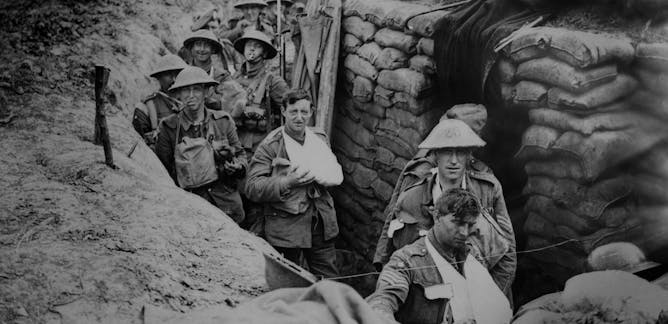
Robert France, Dalhousie University
From the Swiss border to the English channel, a scholar describes his pilgrimage of the Western Front as a tribute to fallen soldiers and to learn more about the devastating loss of life.
| |
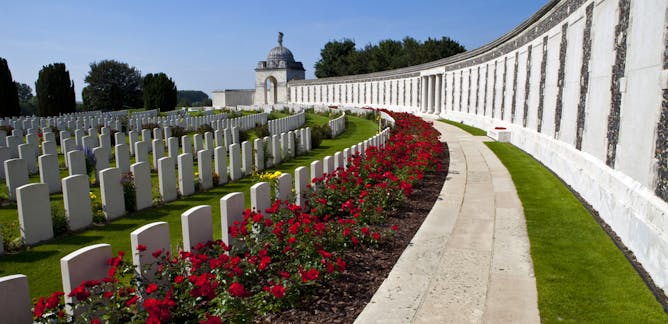
Jonathan Este, The Conversation
100 years after the end of World War I, some of its brutal lessons.
|
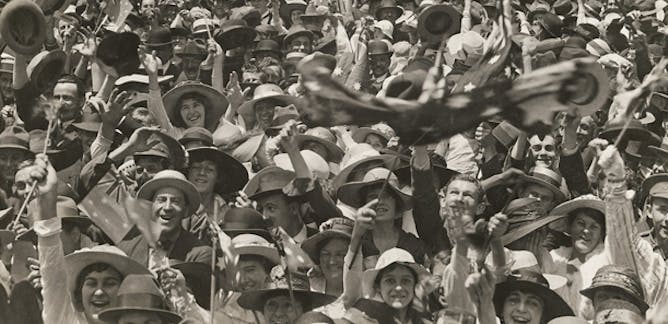
Romain Fathi, Flinders University
This year marks 100 years since the fighting stopped in the first world war. The commemoration of the armistice, Remembrance Day, remains potent but is also changing with the times.
| |
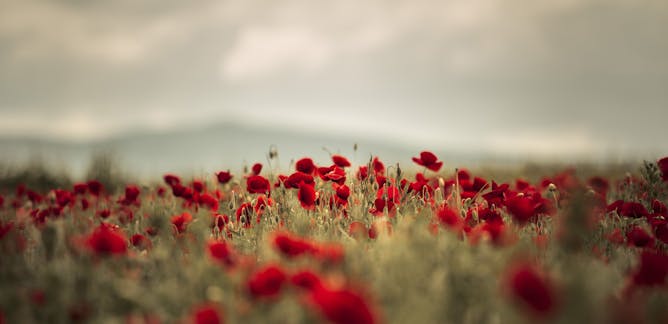
Benjamin Russell Butterworth, Glasgow Caledonian University
To some extent, shell-shock still shapes our understanding of PTSD today.
|

Bill Waiser, University of Saskatchewan
On the 100th anniversary of the end of the First World War, the University of Saskatchewan will be dedicating a memorial bench on the university campus.
| |
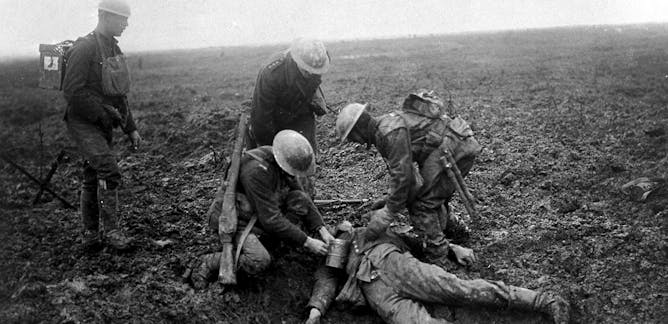
Richard Lindsay, University of East London
Sphagnum moss made ideal field dressings for wounded soldiers.
|
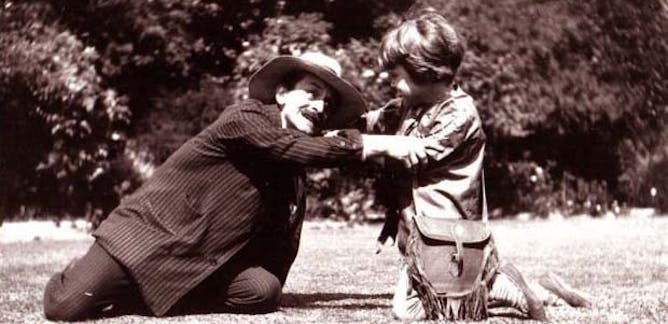
George M. Johnson, Thompson Rivers University
Writers like Virginia Woolf, Arthur Conan Doyle and J.M. Barrie suffered personal loss during the First World War. Their grief and insight helped readers with their own post-war collective grief.
| |
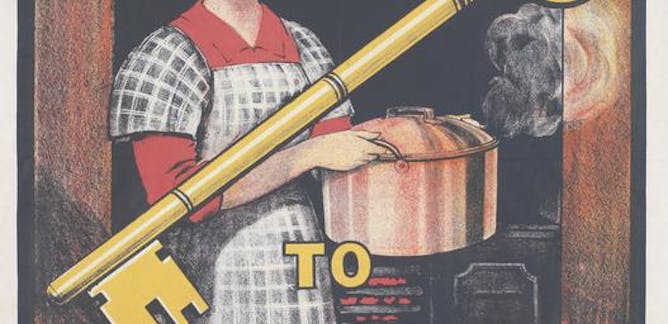
Karen Hunt, Keele University
Battling shortages and rising food and fuel prices, housewives played a vital part in Britain's first experience of 'total war'.
|
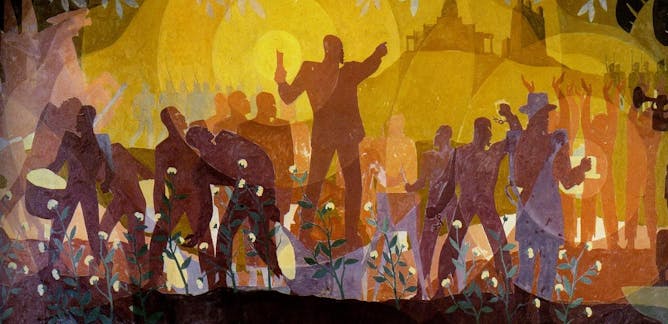
Elizabeth J. West, Georgia State University
Many associate post-World War I culture with Hemingway and Fitzgerald's Lost Generation. But for black artists, writers and thinkers, the war changed the way they saw their past and their future.
| |
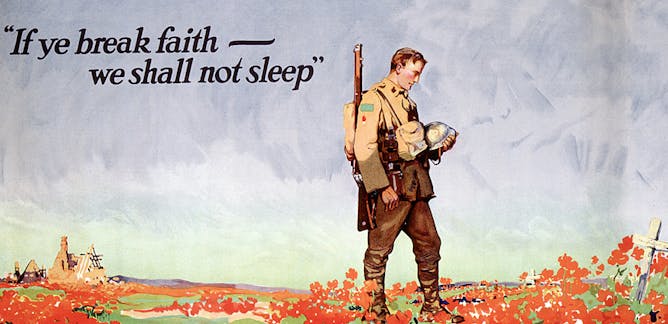
Catherine Carstairs, University of Guelph; Kathryn Harvey, University of Guelph; Keshia Krucker; Kesia Kvill, University of Guelph; Melissa Ann McAfee, University of Guelph
Lucy Maud Montgomery has shaped Canadian memories not only with 'Anne of Green Gables,' but also with the eighth of her series, 'Rilla of Ingleside,' which provides glimpses of the First World War.
|
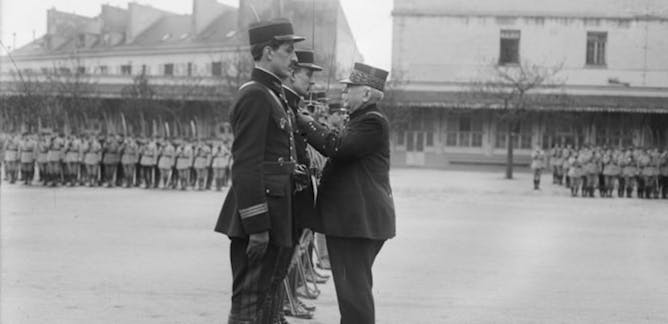
Hervé Drévillon, Université Paris 1 Panthéon-Sorbonne
La charge symbolique de la célébration du centenaire de l’armistice fait resurgir des controverses qui opposent la gloire des chefs au sacrifice des soldats anonymes.
| |
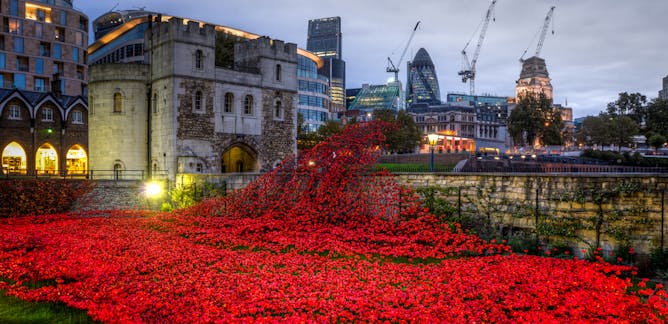
Sam Edwards, Manchester Metropolitan University
Red or white, it doesn't matter what colour your poppy is if you respect the sacrifice it represents.
|
|
|